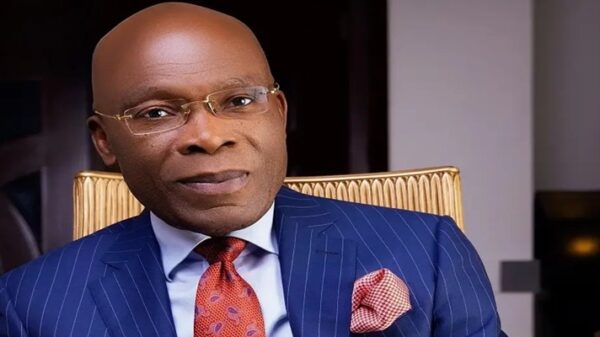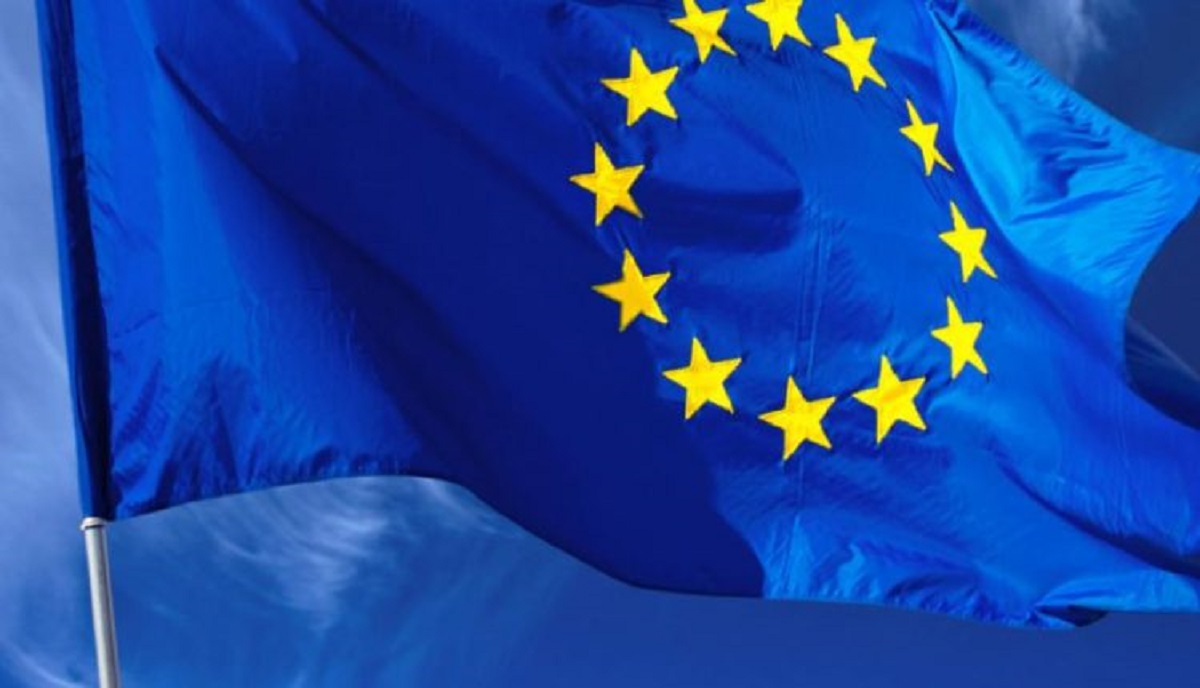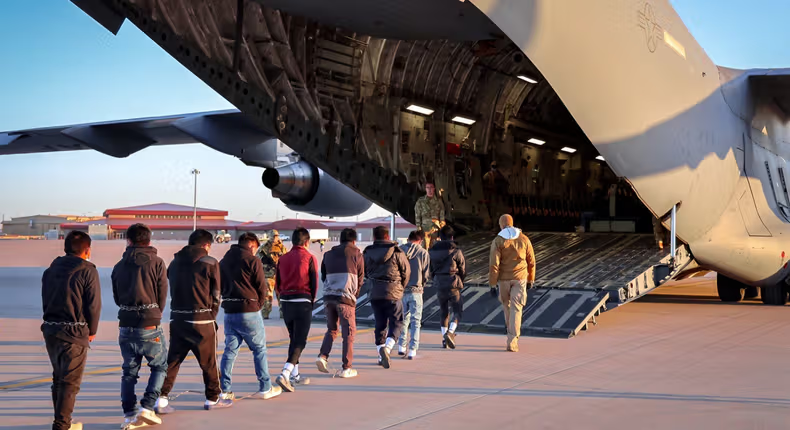Europian Union (EU) has announced additional 20 million euro for its programmes and activities related to Disarmament, Deradicalisation and Reintegration (DDR) in North East Nigeria.
The EU Ambassador to Nigeria, Ms Samuela Isopi, made this known at a National Technical Workshop on Amnesty Management, Deradicalisation and Community-Based Reintegration, on Tuesday in Abuja.
The workshop was organised by the National Counter Terrorism Centre in the Office of the National Security Adviser, in collaboration with International Alert Nigeria.
Isopi was represented by EU Nigeria Team Lead, Ruben Alba.
He said the programmes would build on the works done to support reconciliation and integration in the region.
She said the EU has been a long standing partner of Nigeria on both DDR and Preventing and Countering Violent Extremism.
The envoy said the programmes were being implemented together with the United Nations partners, the IOM, UNDP, UNICEF.
According to her, EU has been supporting a number of activities related to amnesty management, deradicalisation and community-based reintegration.
“We have supported Operation Safe Corridor from the very beginning and I think it is the right moment to commend the immense progress that has been made to these operations.
“I think the programme is not without challenges, but recently, Operation Safe Corridor has shown what can be done, and I think it is a model for others in the region.
“I have been taking very good note of the wave of mass exit that has taken place in the North East since 2021.
“I think this workshop will definitely help us in moving forward and you can count on our continued support and I’m happy to announce today that we have committed an additional 20 million euro for our programme in activities related to DDR in the North East.
“They will continue being implemented and this will build on the work that we are already doing to support reconciliation or integration problem.
“We will be working of course with the federal government, continuing the work on Operation Safe corridor, and also state level and that will include support to the Borno model,” he said.
Similarly, the British High Commissioner to Nigeria, Catriona Laing, said the UK was proud to be supporting the initiative as part of its Wider Security and Defence Partnership with Nigeria.
Laing said that considerable progress had been made by Nigerian Government and a number of states on non-kinetic approaches to resolving conflicts across the country.
According to him, it is not possible to resolve complex conflicts by military means alone.
She said the workshop was important to ensure that emerging non-kinetic approaches were guided by national policy frameworks and grounded in domestic and international law.
This, according to her, will unlock greater international support to the efforts.
The British High Commissioner said while amnesty and voluntary DDR processes are essential components of successful conflict resolution, international law is clear that there can be no impunity for crimes against humanity.
“These approaches must therefore be complemented by robust, timely and fair criminal judicial procedures for those who have committed grave crimes.
“This is particularly important in the case of former associates of terrorist groups as UN Security Council Resolution 1373 creates an obligation on all member states to bring terrorists to justice.
“In all cases, approaches must be compliant with international humanitarian and human rights law, even for those members of armed groups who will not undergo criminal prosecution, some form of justice may be necessary,” she said.
On his part, the Swiss Ambassador to Nigeria, Nicolas Lang, commended the effort of Nigeria towards ending the conflict in the North East over the last decade.
Lang said that Nigeria had not only applied military repression, but also took courageous non-kinetic initiatives, both at the federal and state level.
According to him, the Nigerian government has engaged in dialogue and mediated processes, operationalised demobilisation, disarmament, deradicalization, rehabilitation and reintegration, as well as mobilised social actors towards early reconciliation efforts.
He said that the experience in the North East had shown that DDDRR approaches could be important alternatives to military combat in weakening insurgencies.
The envoy added that it also triggered a sense that fighting does not have to be endless.
“The nature of complexity of conflicts involving non state armed groups of the kind active in the Northeast is such that there are no easy ways as history shows.
“Fewer armed conflicts have been endured through military pressure and demobilisation strategies alone.
“As competent and frustrating as it may look, a lasting solution to the conflict in the North East will probably only emerge through a political solution based on dialogue and talking, taking into account the different grievances of those affected by the conflict,” he said. (NAN)
![]()






























































